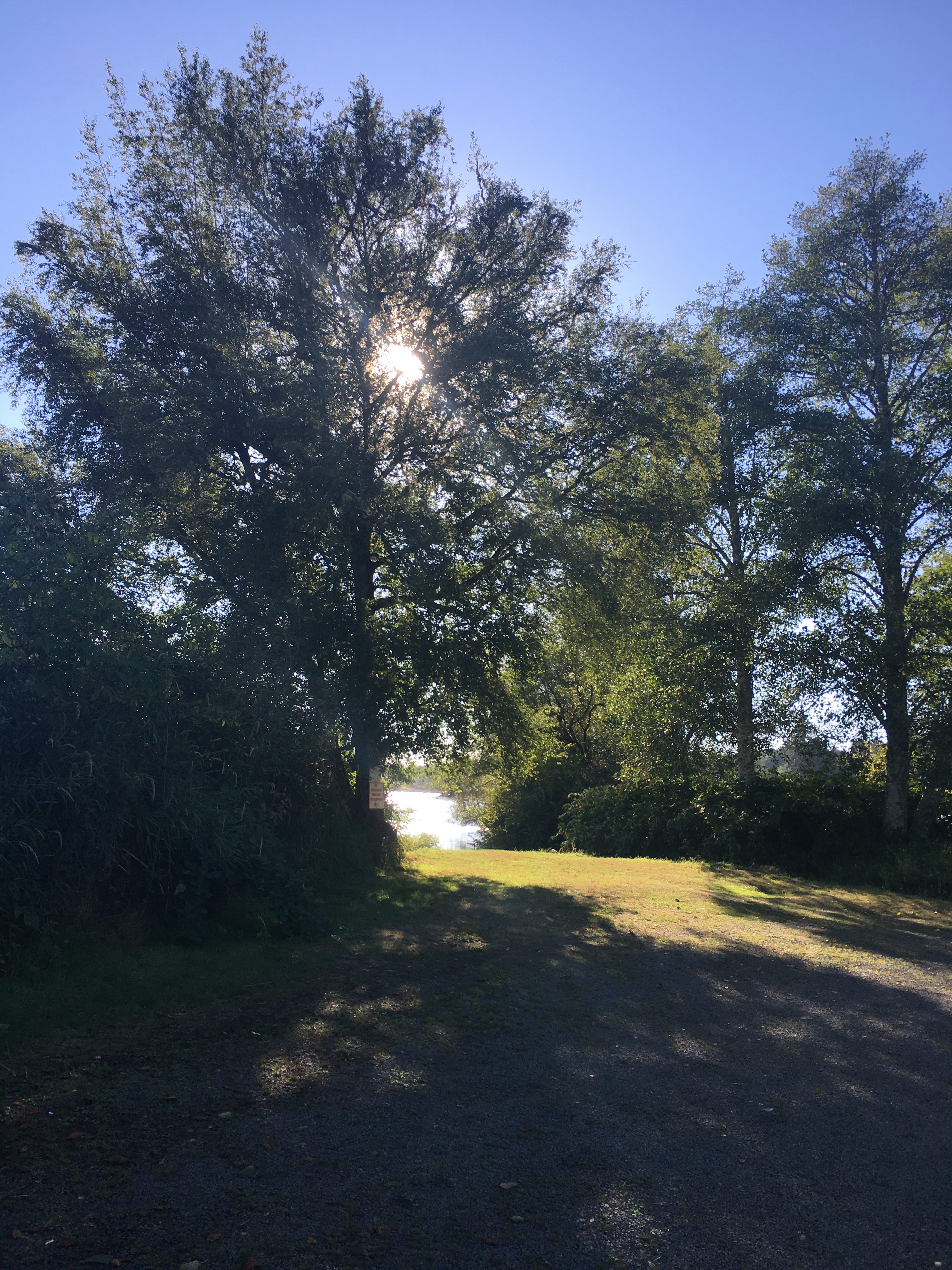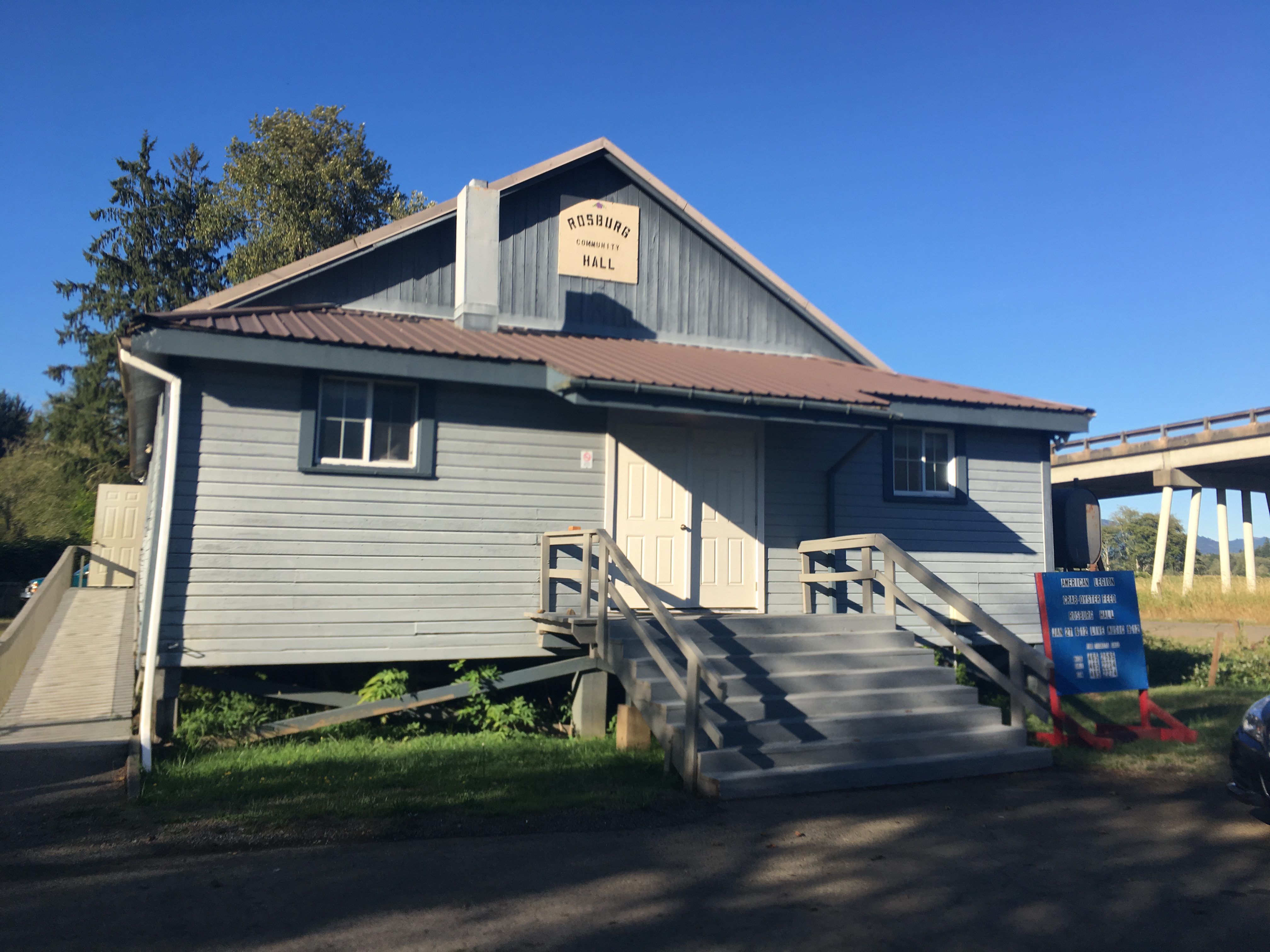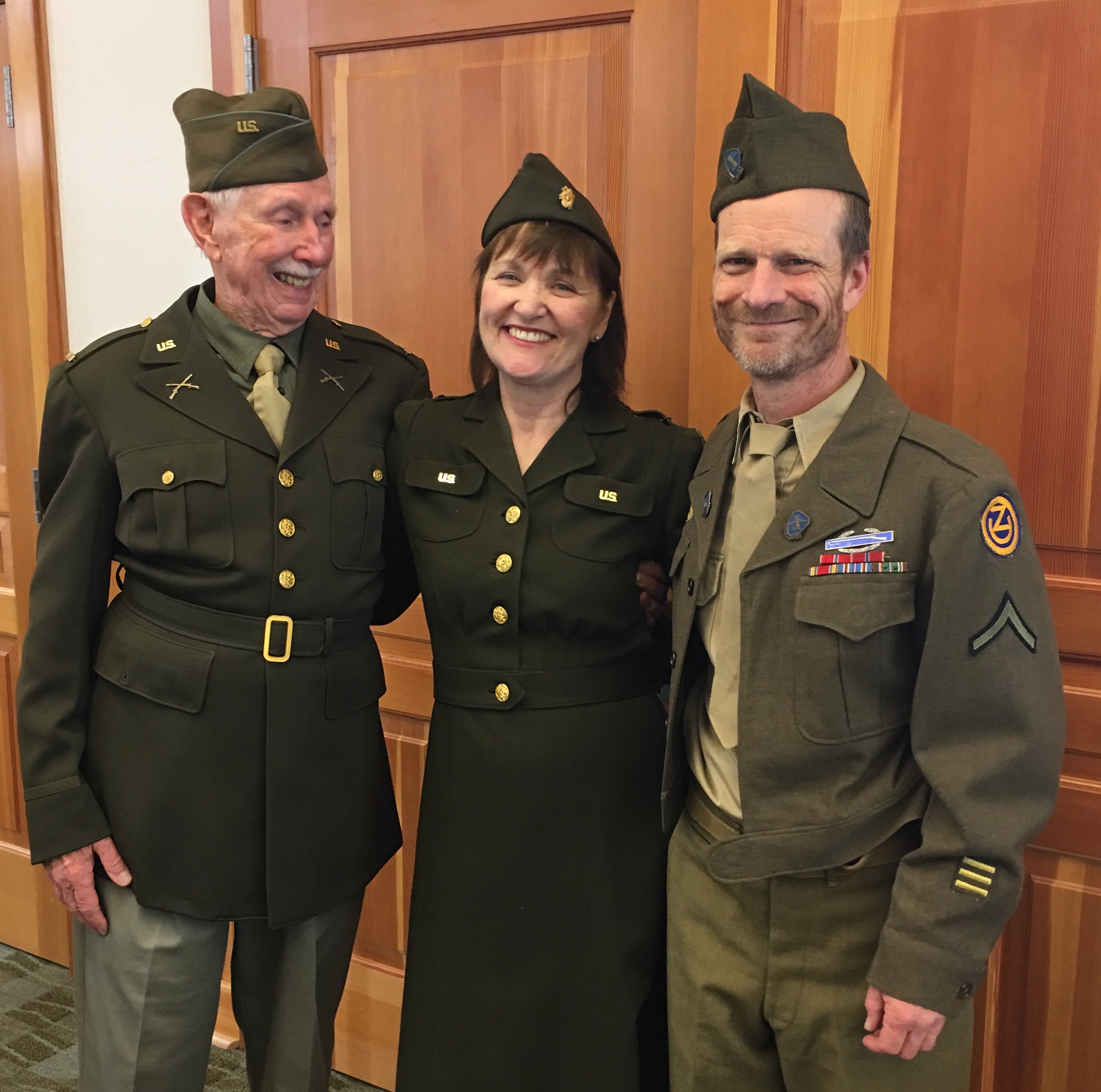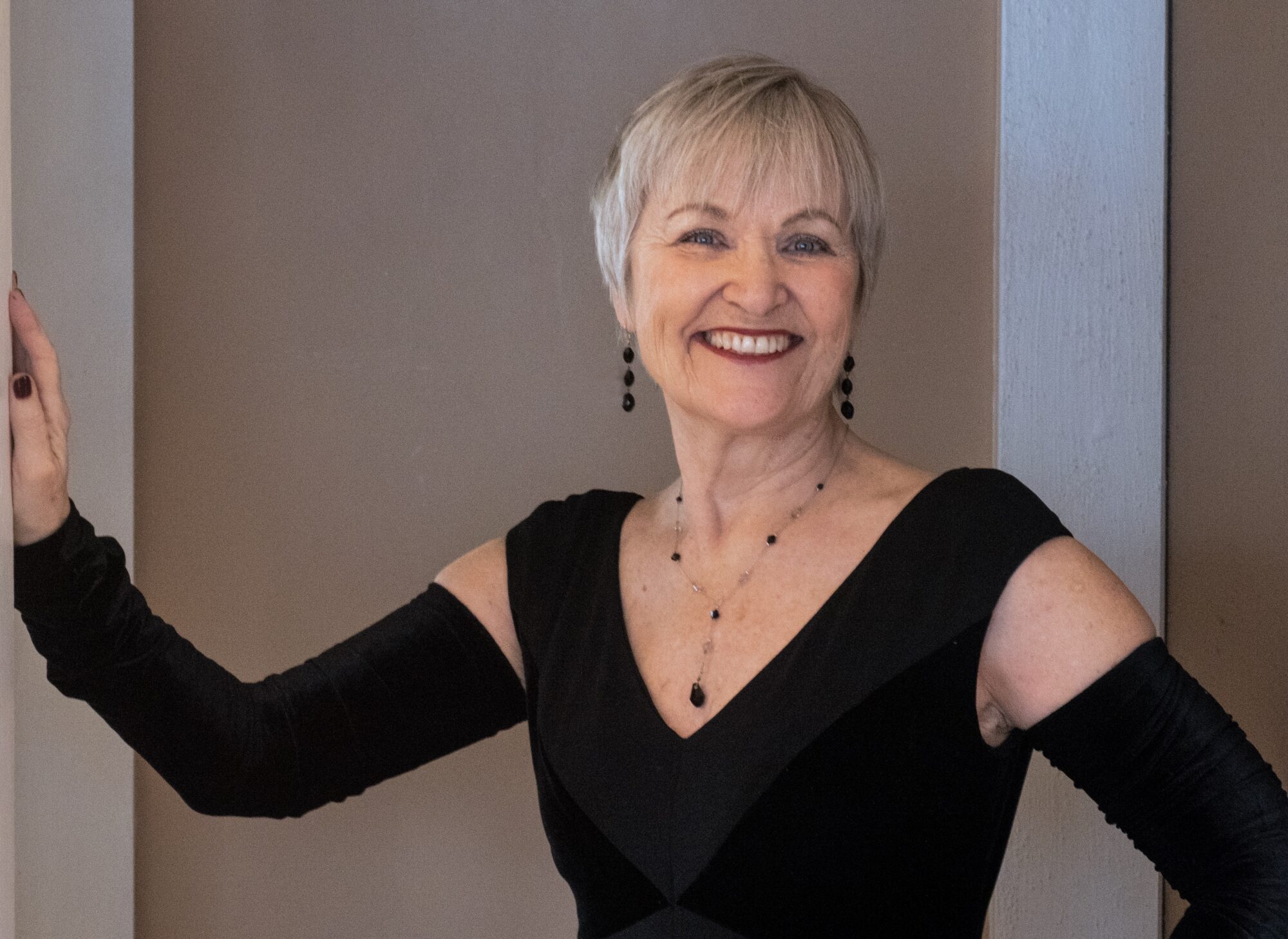Had an amazing time in Rosburg, 


 Washington performing the World War II show on Sunday evening at the VFW Hall. Rosburg is a very small town near the Columbia River in southeastern Washington, and we received a warm welcome and performed to a full house of appreciative local folks. Afterword we stayed at the Columbia River Rest B&B with beautiful views of the water and wonderful hosts Cheryl and Dale Dutcher. Being a musician is a great life!
Washington performing the World War II show on Sunday evening at the VFW Hall. Rosburg is a very small town near the Columbia River in southeastern Washington, and we received a warm welcome and performed to a full house of appreciative local folks. Afterword we stayed at the Columbia River Rest B&B with beautiful views of the water and wonderful hosts Cheryl and Dale Dutcher. Being a musician is a great life!
World War II show tomorrow!
Excited to do our WW2 show tomorrow evening at 6:30 PM at the VFW hall in Deep River, Washington. Our Veteran Storyteller, Ray Puddicombe, who is 93, had a platoon buddy in the infantry from Deep River and his family members will be there to see the show. ( Hans Brehmer is wearing raise army jacket).
Happy Hour! I have had a flurry of nursing home gigs lately. There is something quite wonderful about going to work at 4pm and being finished by 5pm.
Kenneth Gisoms on music (brilliant!)
o After silence, that which comes nearest to expressing the inexpressible is music.
o Music is indivisible. The dualism of feeling and thinking must be resolved to a state of unity in which one thinks with the heart and feels with the brain.
o Music is a means of giving form to our inner feelings without attaching them to events or objects in the world. The entire pleasure of music consists in creating illusions, and common sense is the greatest enemy of music appreciation.
o What gives music its universal appeal is the very fact that it is at the same time the most subtle and intangible and the most primitive of all arts…it can make a dog howl and silence a crying baby.
o The trouble with music appreciation in general is that people are taught to have too much respect for music; they should be taught to love it instead.
o Too many people are trying to justify the precision with which organized musical sound is produced rather than the energy with which it is manipulated. By concentrating on precision, one arrives at technique; but by concentrating on technique, one does not arrive at precision.
o Melody is the golden thread running through the maze of tones by which the ear is guided and the heart reached. People compose for many reasons: to become immortal; because the piano happens to be open; because they want to become millionaires; because of the praise of friends; because they have looked into a pair of beautiful eyes; for no reason whatsoever.
o Every composer knows the anguish and despair occasioned by forgetting ideas which one has no time to write down.
o The public today must pay its debt to the great composers of the past by supporting the living creators of the present. All human activity must pass through its period of rise, ripeness, and decline, and music has been, to a certain extent, fortunate in that it is the last of the great arts to suffer this general expense.
o You cannot have critics with standards. You can only have music with standards which critics may observe.
o Time is to the musician what space is to the painter. Psychologists have found that music does things whether you like it or not. Fast tempos invariably raise your pulse, respiration and blood pressure; slow music lowers them.
o Music hath charms to soothe the savage beast, soften rocks, or bend a knotted oak. Good musicians execute their music but bad ones murder it. Some musicians take pains with music, others give them. We can look away from pictures but we can’t listen away from sounds.
o It is not necessary to understand music. It is only necessary to enjoy it.
o Of all the arts, music is practiced most. Music is a kind of counting performed by the mind without knowing that it is counting. The hardest thing in the world is to start an orchestra, and the next hardest, to stop it.
o There should be music in every house—except the one next door. The more you love music, the more music you love.
o Hug a musician. They never get to dance.
~Kenneth Gisoms

 -->
-->